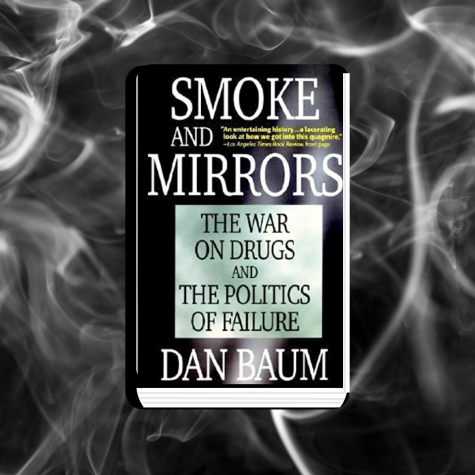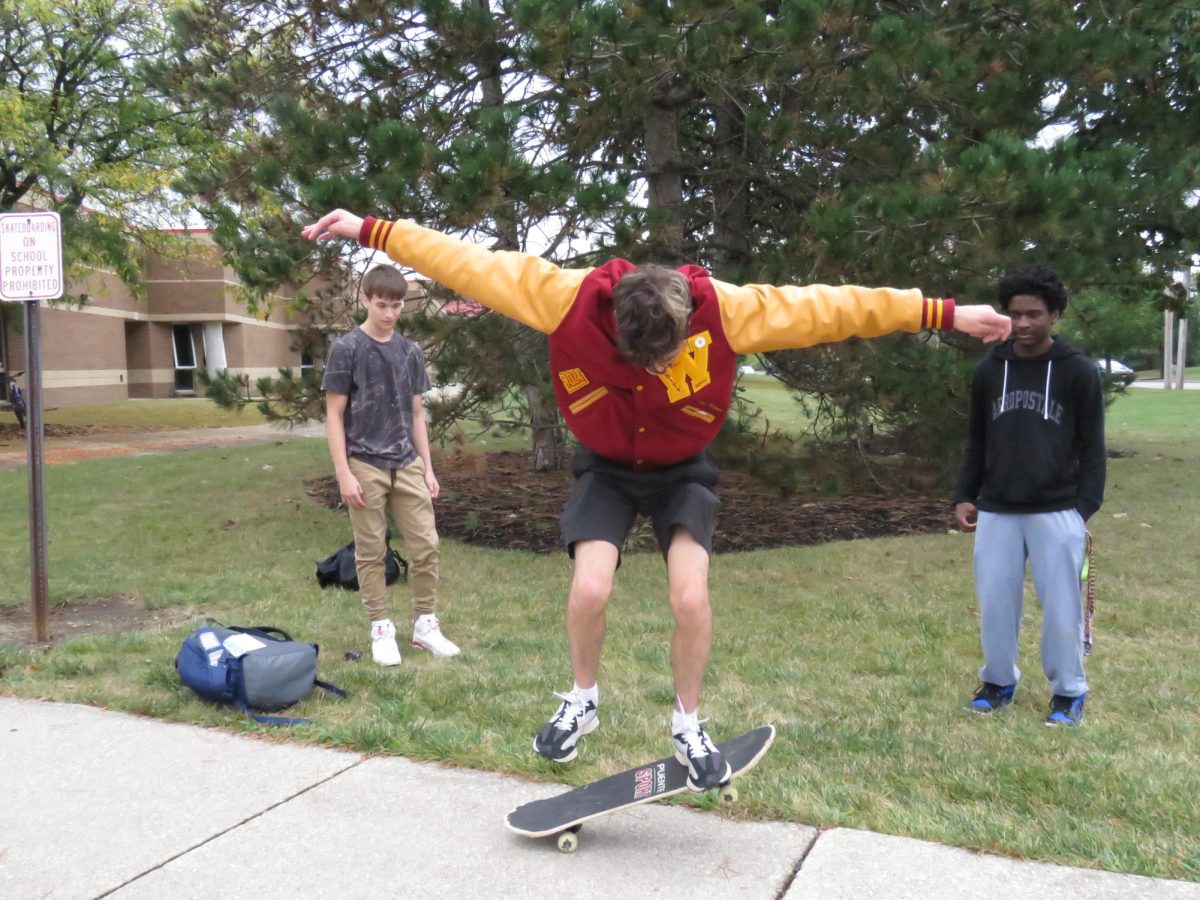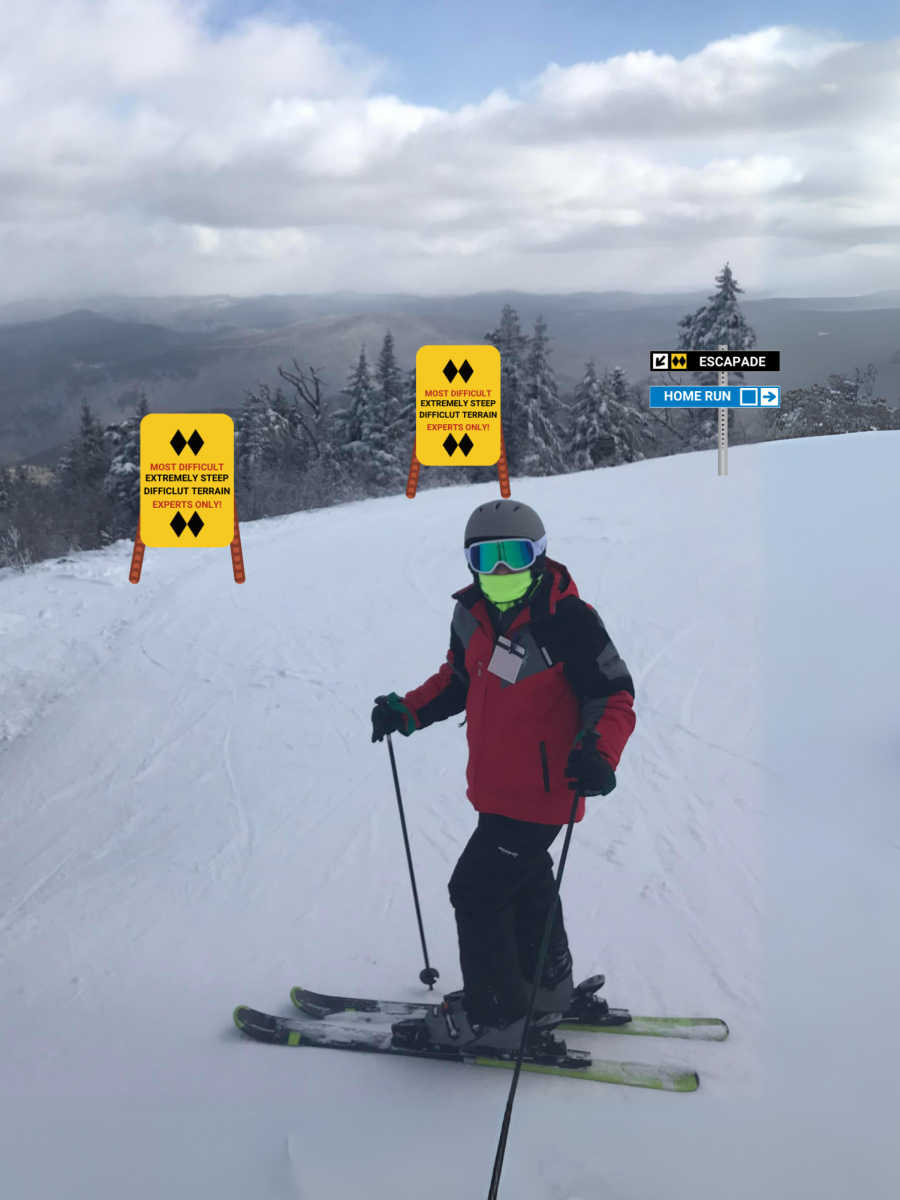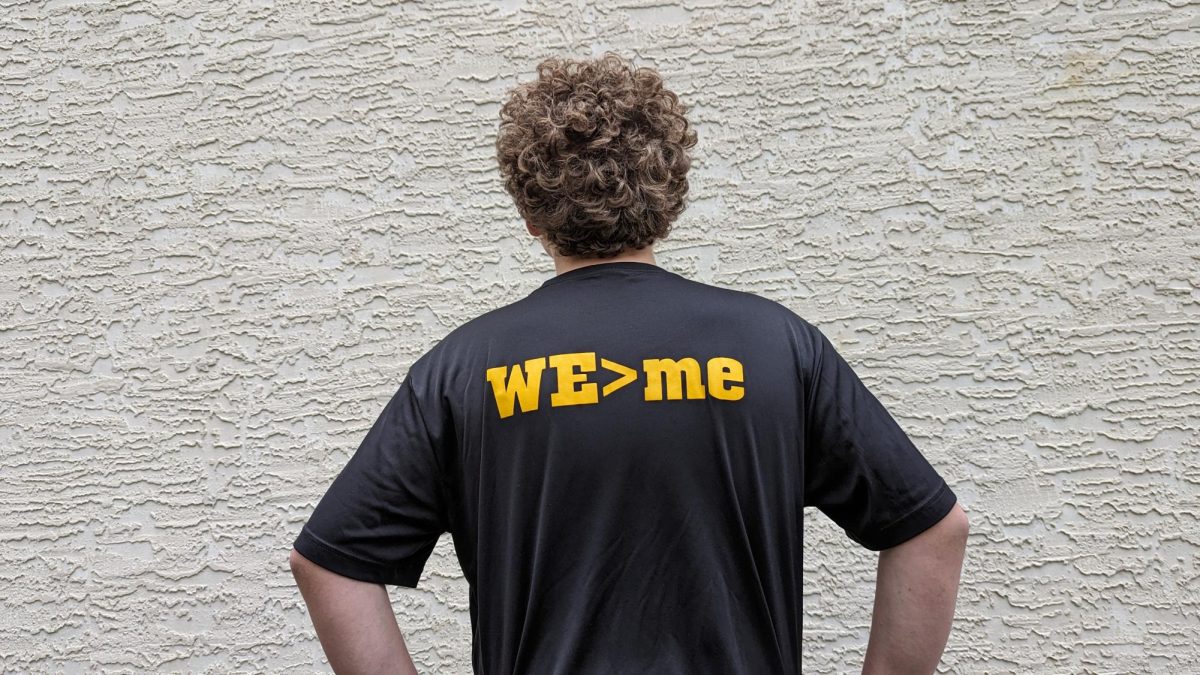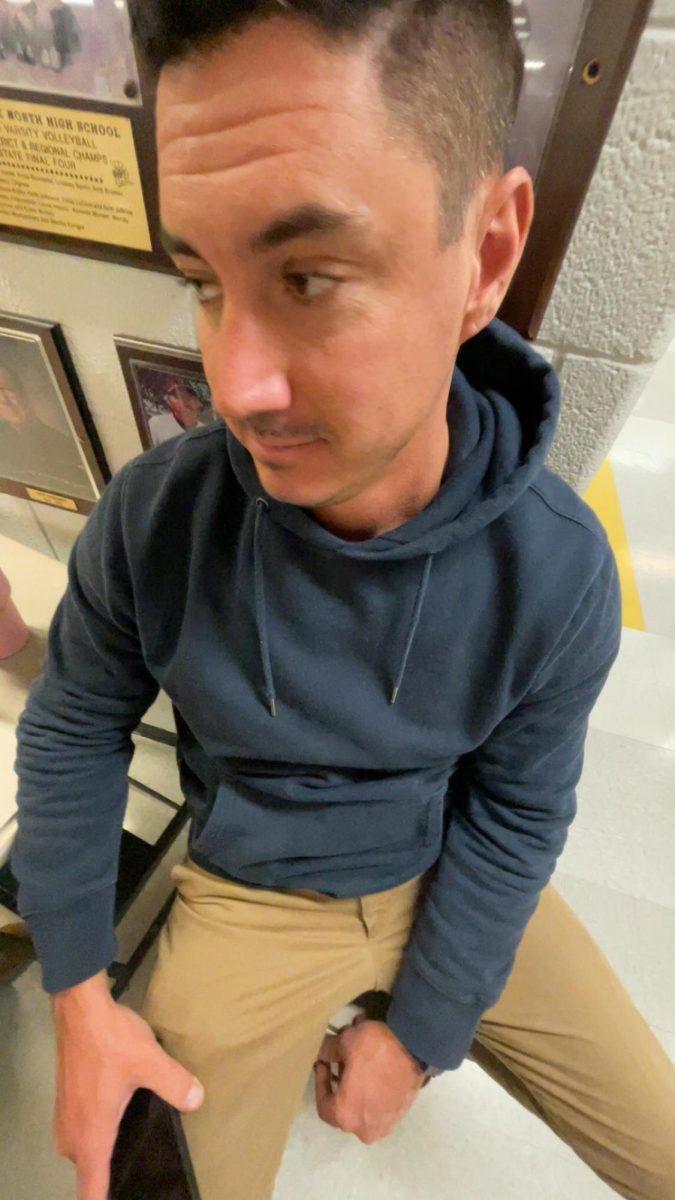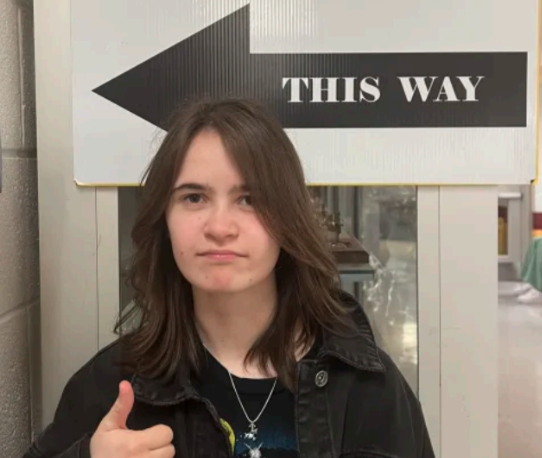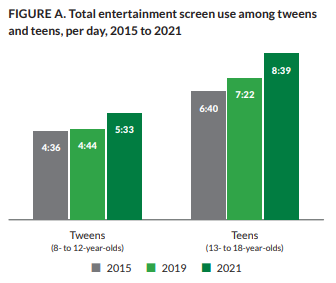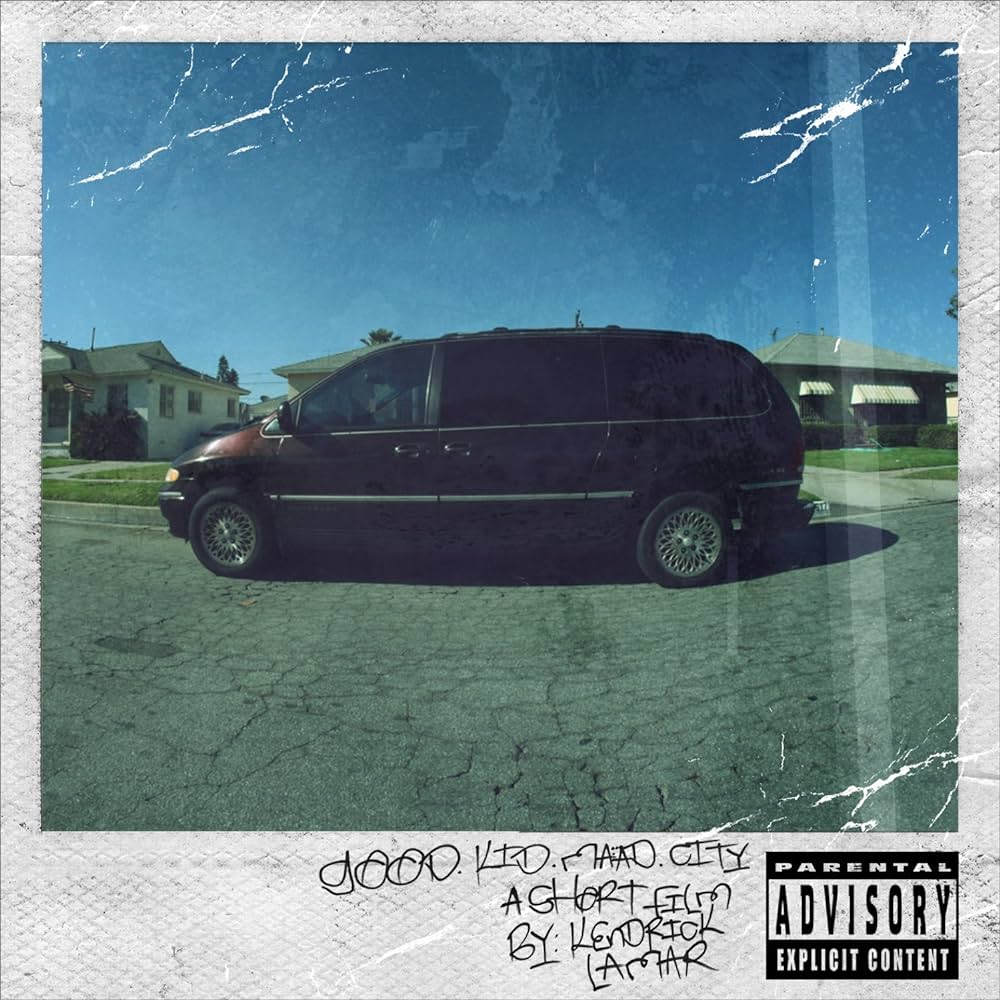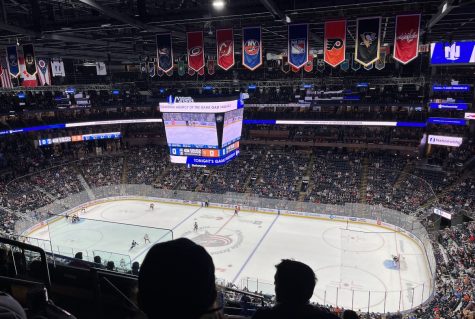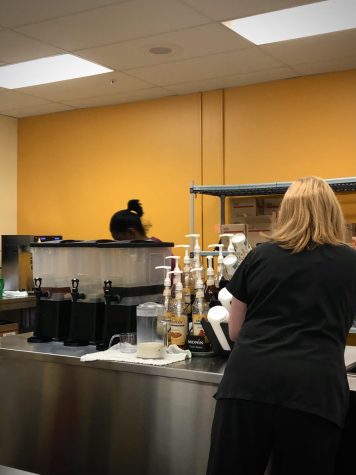Knocking down no-knocks
A collage of protests following the deaths of Breonna Taylor and Amir Locke overlayed by an image of a SWAT officer who uses a battering ram to open a door. Taylor and Locke were both killed by police following no-knock warrants.
March 2, 2022
Two years after the death of Breonna Taylor another life has been taken as a result of a no-knock warrant. A no-knock warrant is an order given by a judge that permits law enforcement officials to enter a location without announcing their presence.
Amir Locke was shot at least three times and killed by a SWAT officer of the Minneapolis Police Department on Feb. 2, 2022. The officers were permitted into the home following the orders of a no-knock warrant of a homicide case. Similar to Taylor, Locke was not a person of interest for the case the judge issued the no-knock warrant for. Locke was not even named on the warrant nor was he a resident of the apartment that was entered. Released body camera footage shows Locke on a couch wrapped up in a blanket. As the officers came into the room the footage shows that Locke held a gun in his hand just before the officer shot and killed Locke.
Ohio criminal defense attorney Gloria L. Smith has been practicing law for almost 30 years.
“The [legal] justification [for the officer shooting Locke] is the no-knock warrant. But I think they are so unnecessary, there’s better ways to arrest someone,” Smith said.
Locke was 22 years old, which is four years younger than Taylor when she was killed. His death has rekindled the flames of the public demanding action against no-knock warrants.
Dr. Heidi Ballard is an associate professor of sociology and affiliate faculty of the public health program at Otterbein University.
“I see that moment as it connects to the evolution of the militarization of policing in this country and also the progressive erosion of our civil rights,” Ballard said, “to play Devil’s advocate one could argue that we live in a dangerous world and we need to be secure and these laws are in place to keep us secure.”
Ballard has been a professor since 1996 and she teaches courses that include: Intro to Sociology, Global Social Change, Integrated Studies, and Race and Ethnicity at Otterbein University.
“Arguable the drug war really kicked this militarization of policing into high gear but also 9/11 and the 2001 Anti-Terrorism Act that allows people to be surveilled,” Ballard said.
No-knock warrants have been around since the 1970s and were issued under President Richard Nixon’s administration, during the war on drugs. This increased the use of no-knock warrants to prevent recreational drug use.
“The judge has to perceive that there is grave danger to law enforcement and possibly the community [to issue a no-knock warrant],” Ballard said.
Ilham Ahmed (12), John Ndive (12), and Success Oguntuyi (12) attend Westerville North High School.
“With no-knock warrants, you think someone is robbing you, you don’t think it’s the police you think it’s someone robbing you,” Ahmed said.
“In order to get a warrant an officer has to give a statement under oath and the judge or the magistrate is supposed to review the affidavit,” Smith said, “I have seen judges not even read [the affidavit], I was in the courtroom [once] and I saw law enforcement come in and they handed the warrant and [the judge] just signed it.”
No-knock warrants are predominantly used in situations where it is in the best favor of the police and the safety of another person to not announce their presence.
“I think the judge was an error of this case,” Ballard said, “There wasn’t enough information, it was an error. There hadn’t been enough due diligence that the judge should have followed to make that decision.”
Between 2010 to 2016, around 94 people were killed as a result of no-knock warrants. Although some departments have kept records of no-knock warrants, no exact data has been collected. Data taken by the Minnessota Department of Public Safety from Sept. 1, 2021 to Feb. 2, 2022 showed that in Minnesota, of the 94 people who were subjects of no-knock warrants, an alarming 66 were reported to be Black, who only account for seven percent of Minnesota’s population. This has resulted in more regulations being approved to ensure that more data is collected vigilantly.
“At a certain point you just become desensitized to it. After seeing so many videos about these things happening I’m not surprised it happens all the time,” Oguntuyi said.
Since Locke’s death protests have taken place around the country in hopes of creating a change in policy.
“The conversation needs to be brought up, it needs to be talked about. I feel like they need to improve the law. I see why it’s there but the way they do it is just not correct,” Ahmed said.
One protest in Portland, Oregon on Feb. 19, resulted in one death and the injury of five people.
“I could be at work and if I’m suspected of anything, the feds can come into my house rifle through my drawers, put everything back and leave and never tell me they were [there],” Ballard said.
The public hopes to see change in the future, as President Biden’s administration has reported that Biden is looking into the possibility of further limiting the use of these warrants.
“Personally I don’t think much has changed, there’s conversation but there’s not much [action],” Ndive said.
“The fact that it has been brought to the attention of the public eye is a great thing,” Smith said, “Unless you’re [involved] in the criminal system, you just don’t know…It’s important for us to understand that just because something doesn’t seem like it impacts you, it’s only a matter of time before it may impact you. If we see something that is not right, let’s fix it.”
After Locke’s death, the file of the officer who shot Locke, Officer Mark Hanneman, was released by the department. As well as the arrest of Locke’s cousin who is a suspect of the homicide case the no-knock warrant was issued for. The case is still under investigation as of Feb. 23, 2022.
